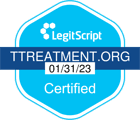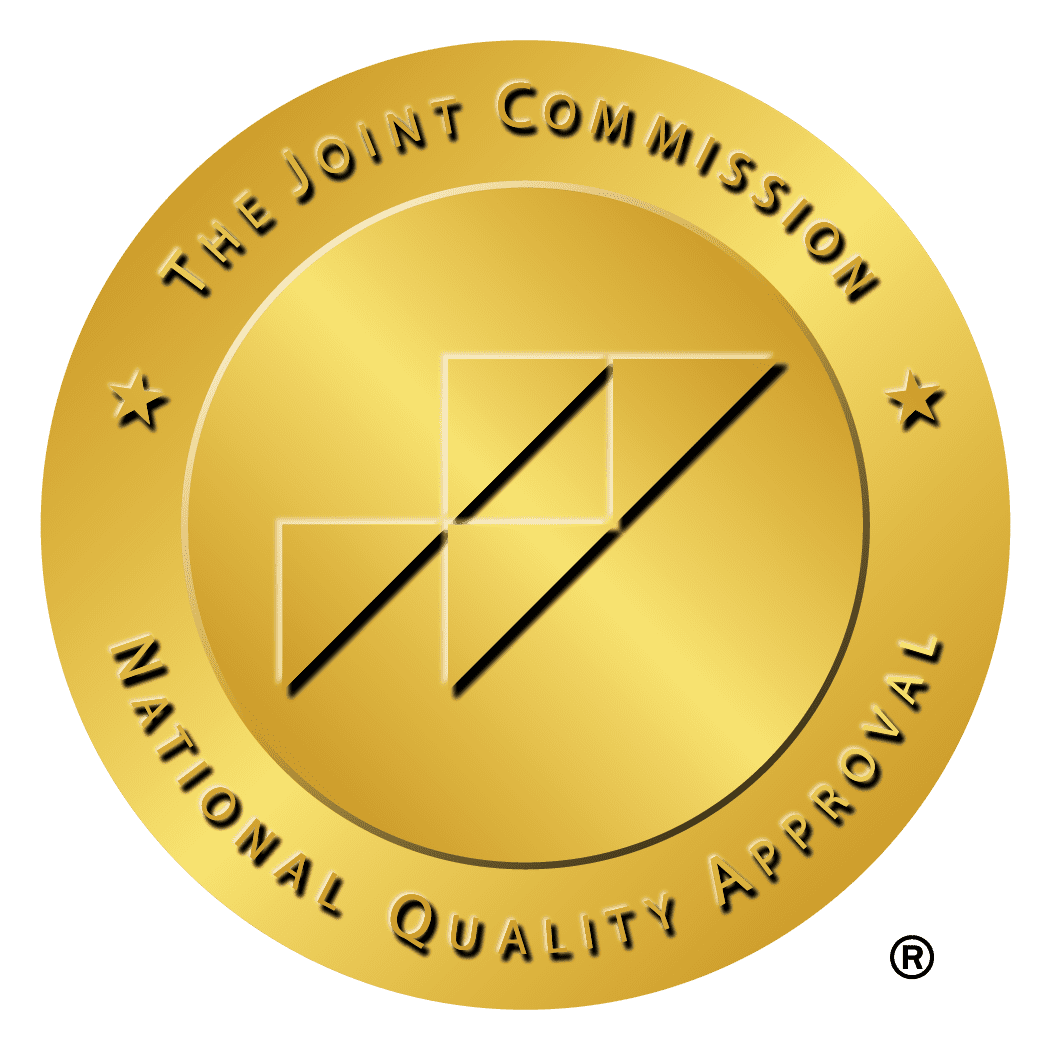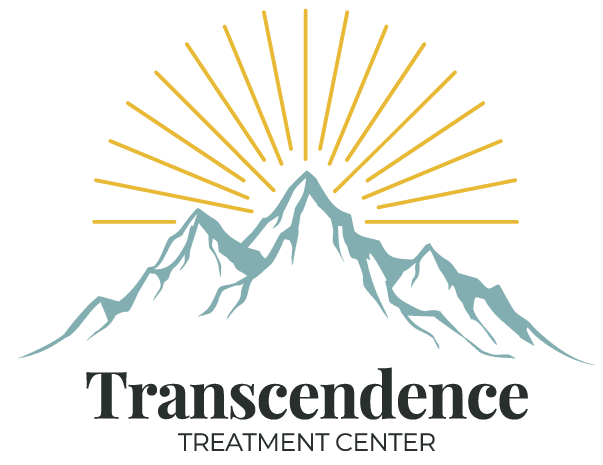Being conveniently located close to Charleston’s Joint Base allows us to interact with those who are currently in and have been in the military. For a variety of reasons, veterans are often more susceptible to addiction than the general population, which is heartbreakingly unfortunate and we aim to help veterans who are suffering each and every day.
We hope that any veteran who may be reading this finds the help they deserve. We at Transcendence Treatment Center extend ourselves as a resource and want to help both veterans and the general public understand what causes this issue a bit more, which is why we are highlighting some of the Most Common Causes of Addiction in Veterans today.
Development of Mental Health Issues Due to Exposure to Combat Situations
It’s no secret that being exposed to intense violence can make an impact on one’s life. Research has suggested that anywhere from 14% to 16% of veterans that were deployed to areas such as Afghanistan or Iraq subsequently experience PTSD or depression. Being in areas of combat may make one more susceptible to developing mental health issues, but the truth of the matter is that many veterans experience this regardless of where they have been stationed. Being part of the military is not easy in any capacity; knowing you can go to war in the blink of an eye and complete extensive training that is difficult mentally, physically, and emotionally naturally causes psychological distress to many veterans and military personnel. Oftentimes, addiction and mental health conditions such as PTSD and depression go hand-in-hand.
Individuals afflicted with PTSD may experience a variety of symptoms ranging from flashbacks, intrusive thoughts, intense nightmares, and overall sleep difficulty. When this becomes an intense burden on one’s life, individuals may turn to unhealthy coping mechanisms such as drugs or drinking to slow down the nervous system and experience fewer of these negative symptoms.
Depression can be viewed in a very similar way and is also rather prevalent amongst those who have served. Depression may manifest itself as a consistent mellow mood, loss of interest in activities, insomnia, weight loss or gain, fatigue, little-no ability to focus, regret, feelings of worthlessness, and sometimes ideations of suicide. The same way that people may turn to drugs or alcohol to shift their focus from PTSD is also relevant when it comes to depression as people begin using substances as a coping mechanism for dealing with these mental health symptoms.
Dual diagnoses of mental health symptoms and addiction are rather common as a result of both combat situations and general military enrollment.
Culture of Military
Enrollment in the military often means there is a lot of hard work to be done, which means that during downtime there’s often a “work hard, play hard” mentality that results in heavy social drinking. In these social settings, people may feel pressure to keep up with one another’s alcohol consumption, resulting in a military culture that is fond of binge drinking regularly. This may not come as news, since the military has been tied to ideas of masculinity and power for some time, using alcohol as a means to do so.
Even outside of social settings, alcohol can be utilized as a coping mechanism for some of the unpleasant emotions that arise. Service members often gather together in times of stress as well as times of celebration. Since military enrollment can begin at 18, this also means that some younger individuals are drinking before the legal drinking age in America while their brains are still developing, making them even more susceptible to addiction later in life.
Also noteworthy, since the military offers a plethora of benefits to joining, many individuals from low-income areas join the military believing it will be an opportunity to escape poverty and pursue higher education that they may not otherwise be able to afford on their own. While correlation is not causation, there is a general trend that suggests substance abuse is more common among individuals of lower economic status as a means of escapism. Since addiction can be genetic as well as taught, coming from a lower socioeconomic background in addition to the culture of the military may make these veterans more susceptible to addiction after their service.
Perception of Military Personnel
Oftentimes, we as Americans look to our military as fearless leaders and brave souls willing to make a sacrifice. While these things are true, we often forget the fact that people in the military are also human and cannot be strong 24/7/365. When someone in the military is put on a pedestal for their role, they may feel ashamed to ask for help, as if they are not strong or resilient enough to handle whatever they may be experiencing by themselves. Whether this experience is PTSD, depression, or substance abuse, we unfortunately often neglect the needs of our veterans with the assumption that they are okay. Changing our perception of military personnel and asking tough questions about how they are really doing once they are out of the military may help veterans feel more comfortable reaching out for help in the first place.
Negative Coping Skills
The combination of the military being pro-partying and anti-seeking help means that negative coping skills are rather commonplace in veterans. Veterans may not even realize how poor their coping mechanisms are until they realize they have built a dependency on drugs or alcohol. These negative coping skills are often a crutch for dealing with heavy emotional burdens but are negative coping skills nonetheless deserving of attention and help when necessary.
Treatment of Injuries Requiring Prescription Opiates
Injuries are never pleasant and often require some sort of treatment to deal with the pain, which in some cases are opiates. Opioids began growing in popularity in the 90s along with the addiction to them that grew with it. The CDC states that from 1999 to 2019, nearly 247,000 people died in the United States from overdoses involving prescription opioids. This number means that opioid-related deaths quadrupled in this period of time, with many others dealing with addiction. Drug abuse changes one’s brain chemistry meaning that while someone thought they were combatting their pain, they were also creating an addiction and dependence on these opioids. Since military personnel are more prone to injuries than the average person, prescription opioid misuse is a huge concern for military personnel.
Homelessness
Homelessness in veterans is an unfortunate reality for many after they have served. Thankfully, the number of homeless veterans has been steadily decreasing over time, yet this remains an issue nonetheless. Homelessness often ends with substance abuse and substance abuse often contributes to homelessness in the first place. It’s been found that 38% of homeless people are alcohol dependent, and 26% are dependent on other harmful chemicals or drugs. Veterans who are at risk of becoming homeless or are presently homeless are strongly urged to contact the National Call Center for Homeless Veterans at (877) 4AID-VET (877-424-3838) for assistance. More information can be found on the Veteran Affairs website here.
—
We hope that these descriptions give you a better understanding of why addiction is so common for veterans. It is our vision and mission at Transcendence Treatment Center to aid our military members and veteran community in their journey to recovery and healing from all they have sacrificed in their service to our country. We are saddened that 2021 saw the highest number of drug overdose deaths. Since the enormous population of active military and veterans population of Charleston is right in our backyard, we feel we have a duty to make a difference and save the lives of as many people as we can.
For this reason, we are excited to announce that Transcendence Treatment Center will be accepting Tricare Humana Military Insurance as of May 1, 2022, as well as VACCN Veterans Affairs Community Care Network Insurance as of April 28, 2022.
For more information or to reach out for help today, please visit our website or call us at 854-222-3773.



